What an amazing day! Here are some key contributions from several of the more than 25 presenters and panelists who spoke on topics within the day’s themes of Crowdsourcing, Co-creation and Crowd Innovation, #CSWEurope16.
After a welcome by Crowdsourcing Week’s founder and CEO Epi Ludvik Nekaj, the first speaker – Rajiv Vaid Basaiawmoit of Aarhus University in Denmark – claimed that by 2020 when 4 billion people are connected online even crowdsourcing itself will be disrupted. Games and gamification give clues as to how developments will progress through a combination of fun and purpose. He gave great examples of how Cancer Research UK has used crowdsourcing, and how playing a video game for just six minutes can detect early signs of dementia and saves 16 hours of lab time. 2.4m people have so far downloaded the game.
Hans Jacobs, Innovation Hubs Manager at BNP Paribas Fortis, our Premier Partner for the day, explained the bank’s programme to develop links and relevancy within the entrepreneur community. Rather than invite people to the bank they met entrepreneurs on their ground, in shared workspace areas – Innovation Hubs. And they trained staff to be more aware of the particular needs of the entrepreneurs as opposed to more established clients. It has not been just about money. For example, many startups want access to the bank’s network of professional service providers, and the bank recommended lawyers, accountants and the like on the basis of best matching the startup requirements, not for a fee or commission. This created win-wins for the startups and some of the bank’s existing clients.
Fredrik Barkenhammar of House of One told us about his crowdfunding project to raise money for building a mosque, a church and a synagogue under one roof in Berlin. He is asking for a €10 contribution for each brick – and needs €43.5m. That’s a lot of bricks!

“When crowds can be wise or stupid” was the topic covered by Joanne Celens of Synthetron. How wise was the crowd in the Dutch Tulip Bubble of 1637, when for a time a single tulip bulb was valued more than an Amsterdam house? Crowd involvement appears to give people a momentary abdication of personal responsibility and let’s them go along with a crowd mentality, sometimes doing things they would normally never consider. Joanne continued that sourcing knowledge from crowds has lost some credibility after the Brexit and Trump votes going against predictions. Though accurate polling requires a removal of bias and an inclination to give ‘acceptable’ answers. If you want to find the wisdom in the crowd, do you want qualitative insights from the experts or quantitative data from the whole crowd? And discerning the wisdom of the crowd is a different matter altogether
“Crowdfunding is not alternative finance, it is modern finance,” claimed Jason Best of Crowdfund Capital Advisors. And he should know as a co-writer of the JOBS Act that in 2012 opened the way to equity crowdfunding in the US. He also predicted that Asia will overtake USA in crowdfunding due to a lesser banking and finance infrastructure. Also, western media continue to underplay the full picture of crowdfunding even though Goldman Sachs estimate in a Future of Finance report that what it terms as the ‘socialised funding’ market is worth $4.7 trillion.
In the following panel session he was in a group discussing whether crowdfunding’s growth heralded the demise of venture capitalists. Bill Morrow, CEO of angel-led investment platform Angels Den would have none of it, declaring that in the UK equity crowdfunding and VCs cater to totally different value sectors of investment seekers. The highest UK equity crowdfunding raise has been around £4m and VCs normally start looking at a minimum of £6m opportunities. Jason Best, though, said that in the first six years of US equity crowdfunding the average raise has been $5.4m, which presents a different picture. How this average develops over time needs monitoring.
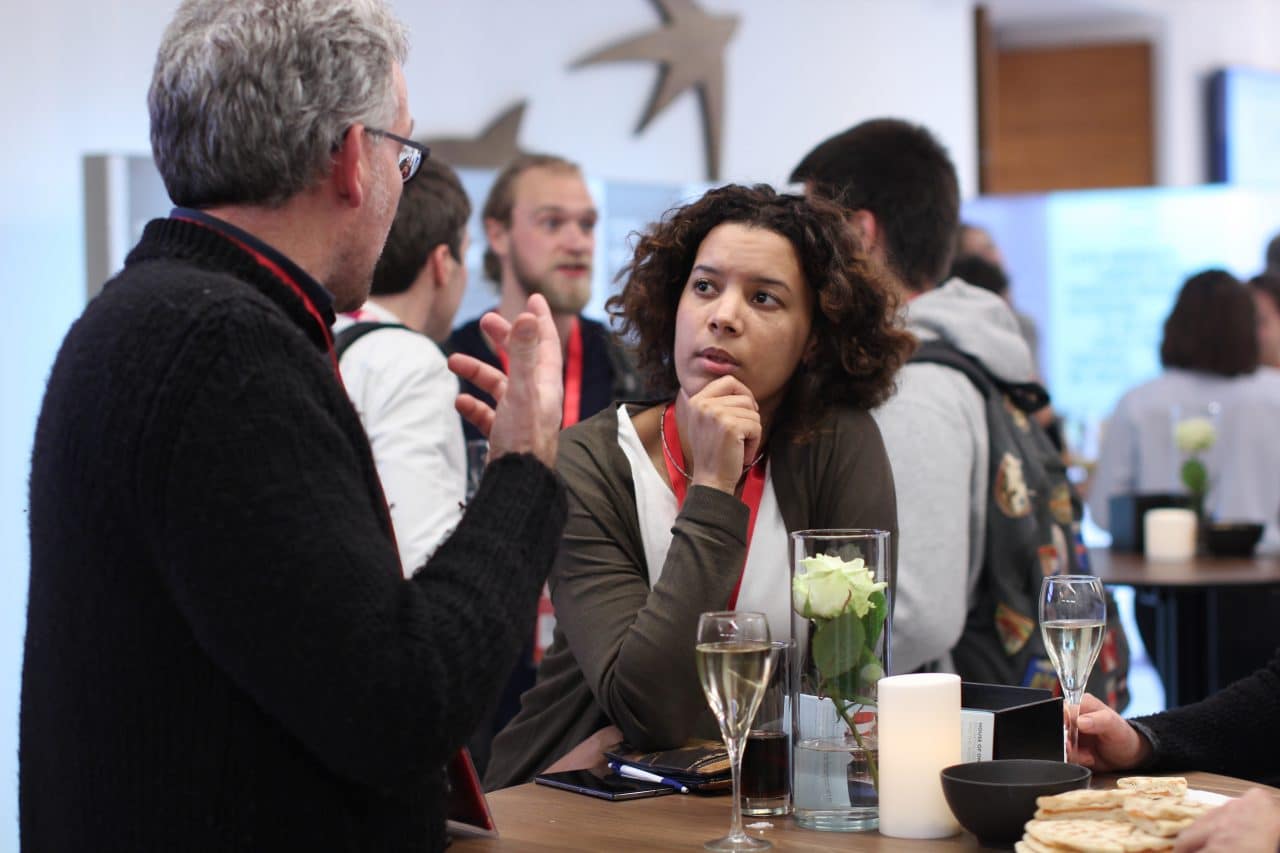
Anne Arndt of the open innovation platform jovoto told us about the changing work expectations of Millennials and those who will come after them. There is more emphasis on wanting to be in charge of their own careers and work on a more flexible and collaborative basis. That may be achieved as more people work from platforms on a project basis as opposed to working fulltime for a company. Yet there is a threat of being treated as a commodity, with rewards held down through competition for work in the gig-economy and a lack of stability of income. Though in the long-term, talent treated as a commodity will grow unresponsive and companies will fail to achieve positive effectual commitment.
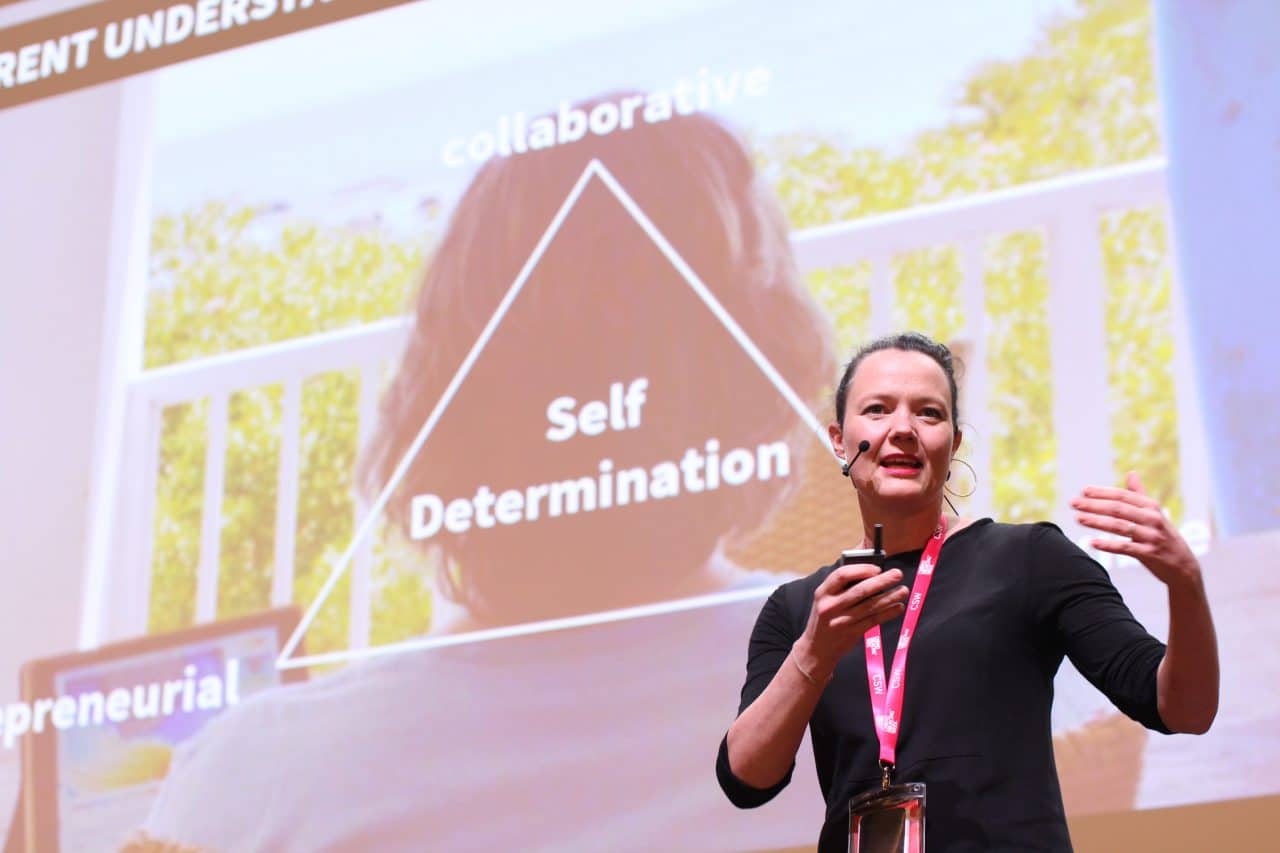
Delegates minds were filled with a picture of a firefighter groping blindly though heat and flames, existing on a temporary and short-term air supply, to rescue people in an unfamiliar building. Such was the power of the words of Tammi Marcoullier of the National Institute for Standards and Technology (NIST) in Colorado, USA. Her mission is to use a $150m budget over five years to crowdsource ideas in many areas of public safety and protection and put the good ones out to tender. This process will vastly speed up the R&D timetable, improve the investment value of her budget, and offer great rewards to suppliers through allowing them to retain the intellectual property of their products and services.
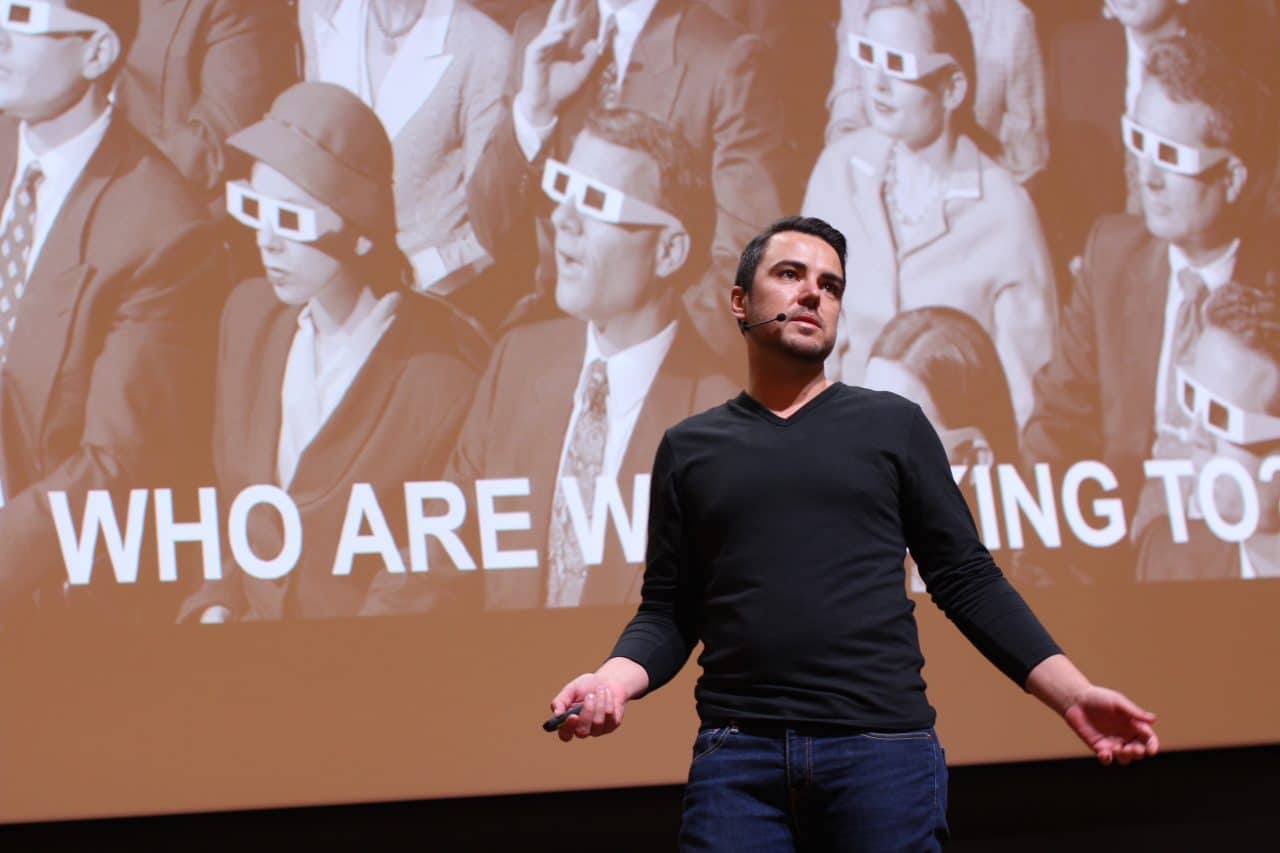
The final session was from Francois Du Preez of the advertising agency Grey in Africa. His subject was Crowdsourcing Media Exposure, which entails creating imaginative events and stunts that capture the attention of paid-for media. Earning editorial coverage saves spending adverting budgets and is also regarded as more powerful as the public grows increasingly resistant to the continual exposure to commercial messages.
Wednesday’s theme is Smart Cities, Sharing Economy and Mobility. A few tickets remain available and here is a full agenda. Check what delegates are saying at #CSWEurope16.

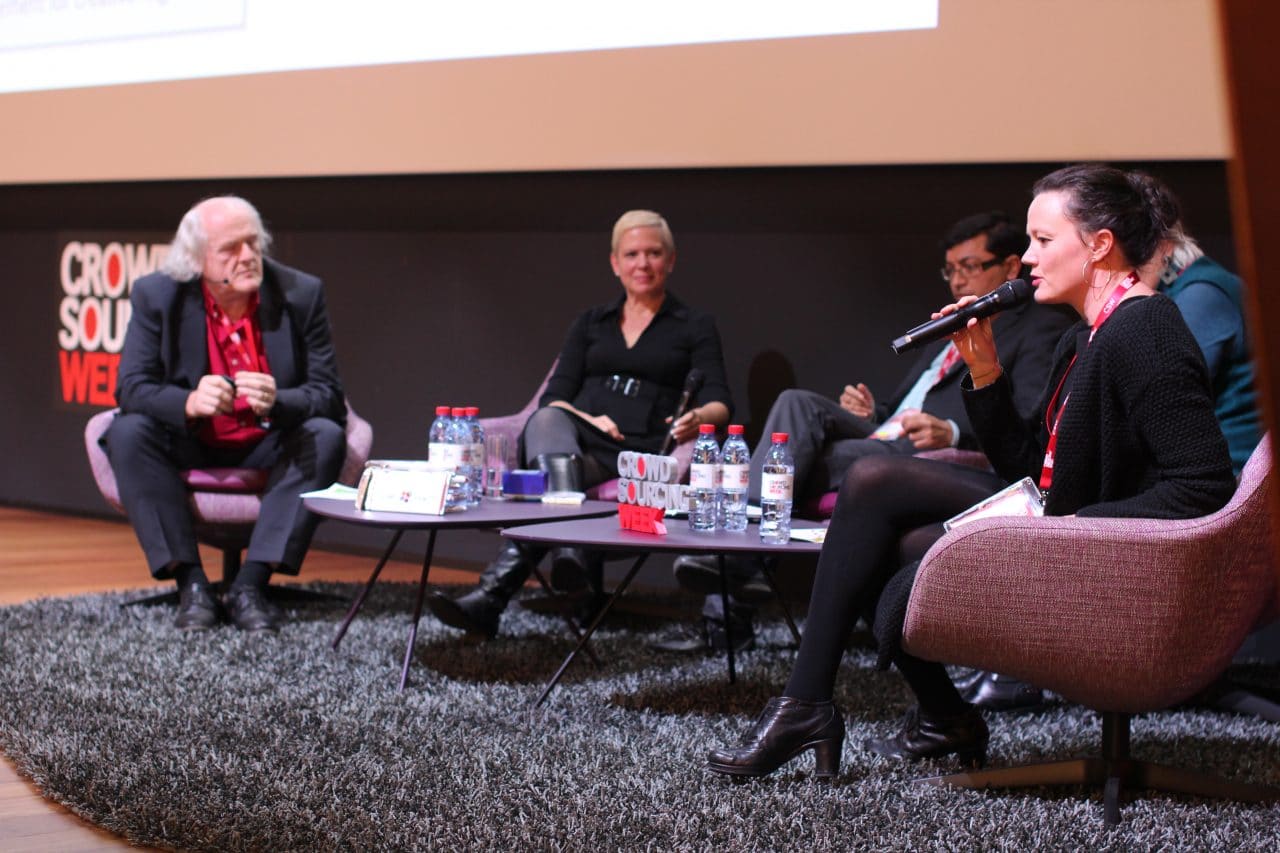

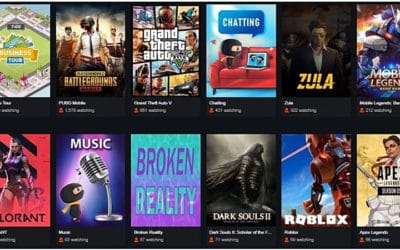

0 Comments